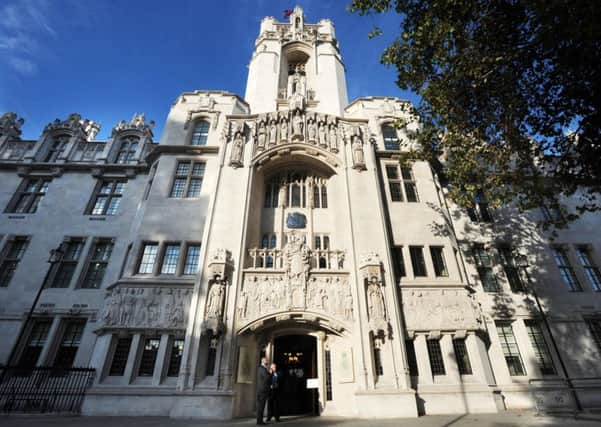Is Boris Johnson’s prorogation legal? Why Scottish and English judges don’t agree – and why it matters


In the distant past, parliament would meet when the monarch wished it. But the UK constitution has moved on from those days – at least in that the Queen exercises her power to prorogue parliament only on government advice. But events of the past few weeks have prompted questions about whether the prime minister can seek to suspend parliament at will, for any reason, and for any duration, writes Dr Asif Hameed.
Boris Johnson’s government has suspended parliament for five weeks in the run up to the Brexit deadline of October 31.
The suspension is being challenged in courts across the UK. Cases have been brought in England and Wales, Scotland and Northern Ireland, with judges asked to decide whether or not the government’s advice to the Queen on prorogation was lawful.
Advertisement
Hide AdAdvertisement
Hide Ad